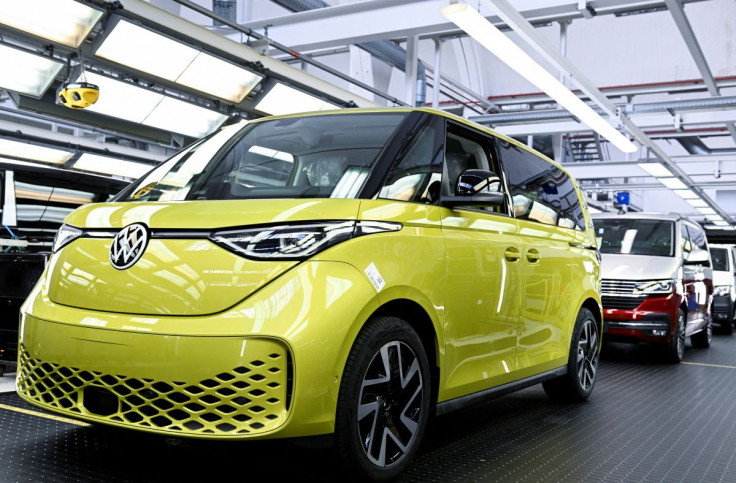Tesla’s Future As The Dominant Face Of Electric Vehicle Market In Jeopardy, Says Analysts
A recent study by Bloomberg Intelligence predicts that Tesla will remain at the top of the market for battery-electric vehicle sales for only 18 more months.
After those two years, Volkswagen, which is already leading sales in Europe and expanding, will overtake Tesla. Volkswagen will present major competition to Tesla, according to the report. The report states that by 2024 the german automaker will overtake Tesla's battery-electric vehicle value and could "more than double out to 2025."
The report cites the Porsche IPO expected in the fourth quarter and future battery electric vehicle sales by the company.
Volkswagen's projected sales for 2023 through 2025 are "significantly ahead of peers."
The German automaker has a "potential 30% BEV sales mix in 2023 and about 45% in 2025." If those numbers are accurate, or higher, then Volkswagen could attract "a luxury based 85 billion euros valuation" just based on the Porsche IPO.
That number could be higher given "an even higher tech-oriented valuation." Volkswagen will also invest 30 billion euros ($90 million) in the supply chain to combat those issues driving up battery prices. That move will also help put it well ahead of competitors.
Other electric vehicle manufacturers may struggle to keep up. UBS analysts in March 2021 had forecasted that Volkswagen could sell 300,000 more battery-electric vehicles than Tesla in 2025.
Still, Chinese manufacturer BYD comes in third in battery electric vehicle sales. The report expects it to maintain its spot throughout the decade. Most traditional electric vehicle manufacturers around the world do not have "the profit incentive" to compete with the three major electric vehicle manufacturers.
"It is not until later in the decade that US and Japanese automakers will be serious challengers for a top 3 spot," the report concludes.
Michael Dean, a senior European automotive industry analyst at Bloomberg Intelligence, predicts that these other automakers will continue to fight Tesla for a portion of electric vehicle sales. While Dean said competing with Tesla would be difficult because of “a lack of scale” and “rising battery costs,” he also said that could change by 2025.
“Automakers in Europe, China, and elsewhere will continue to challenge Tesla via an impending wave of new models . . . in 2025-26 as more brands achieve critical mass on new-generation models with proprietary software,” Dean added.

© Copyright IBTimes 2024. All rights reserved.





















